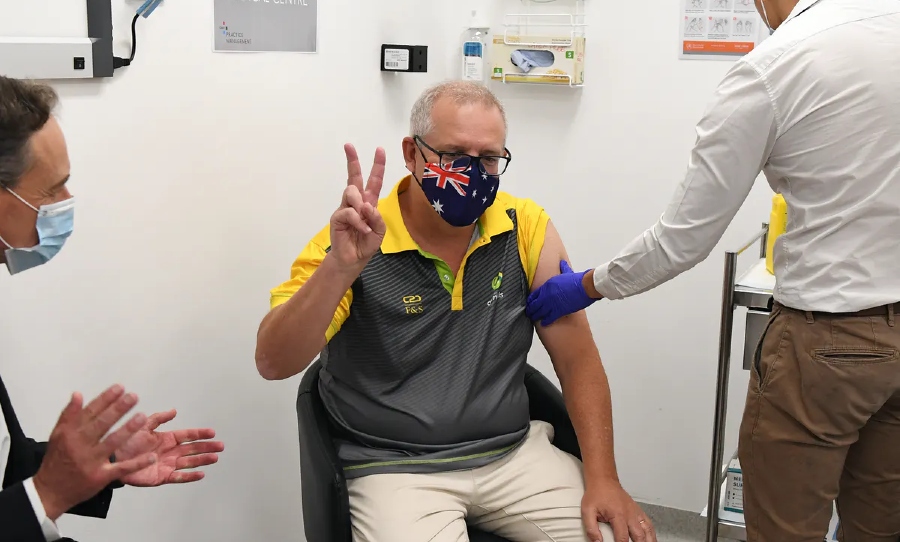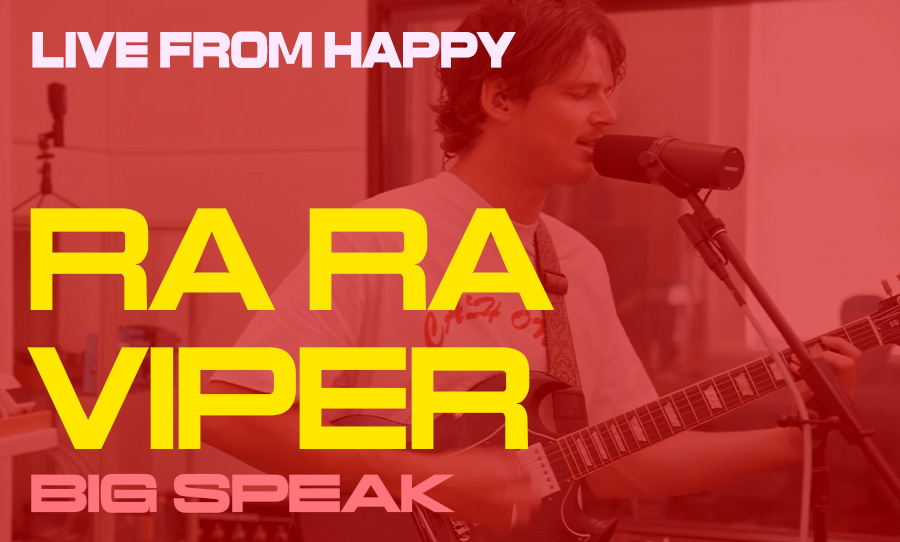The head of the Commonwealth’s vaccine panel disagrees that if you’re under 40 years old, you should be trying to get the AstraZeneca vaccine.
The vaccine rollout in Australia has been nothing but a waiting game for the majority of the population.
Perhaps all patience is shot following Morrison’s announcement late on Monday night that younger Australians should consult with their GP about the AstraZeneca shot even if they were not yet ‘eligible’ to get a vaccine yet.

The associate professor of the Australian Technical Advisory Group on Immunisation (ATAGI), Christopher Blyth, stated in an interview with ABC’s AM show that receiving this vaccine under 40 years of age should only be considered in “pressing” circumstances.
“The ATAGI advice is that Pfizer is our preference for those under the age of 60 years,” he said.
There has been speculation about the safety of the AstraZeneca vaccine and its ability to cause blood clotting, as has been the instance in the UK with up to 49 related deaths.
It has been argued that the blood clotting syndrome is rare, but people in the under 40s age group are at more susceptible risk.
Following Morrison’s announcement on Monday, Queensland Premier, Annastacia Palaszczuk and QLD Chief Health Officer, Doctor Jeannette Young ignited the backlash against the statement.
Dr Young said she did not want to see any: “18-year-old in Queensland dying from a clotting illness who, if they got COVID, probably wouldn’t die”.
WA Premier Mark McGowan corroborated such opinions and said on Wednesday that Mr Morrison’s advice appeared at odds with the official health advice.
The Chief Minister of ACT Andrew Barr described the announcement as a “captain’s call” by the Prime Minister, despite announcing this decision after the National Cabinet meeting, which had made no agreements.
The interesting point is that Ms Palaszczuk, Mr McGowan and Mr Barr, who are on the same page, are all Labor leaders.
Liberal leaders such as Gladys Berejiklian and Steven Marshall, erred to Morrison’s side by stating that it is up to each individual to consult with their GP and make the choice.
Morrison’s post-National Cabinet remarks have struck nationwide confusion.
The federal government has argued that younger Australians have always had the opportunity to get the AstraZeneca vaccine.
Of course, this does not apply to many of us under the government’s vaccine rollout initiative, which prioritises vaccines for frontline health workers, or people with underlying medical conditions.
What’s going on ????????#COVID19Aus #COVID19Aus #Australia #ScottMorrison #COVID19 #Pfizer #AstraZeneca #smh –#QandA https://t.co/0dLIjQ2mRz pic.twitter.com/mKBpQqXZhy
— MeeraS (@Kuruvee) June 30, 2021
Despite the blood-clotting syndrome fiasco of the UK, Morrison said that if you are willing to provide informed consent, you could be vaccinated.
I’m for AstraZeneca being open to anyone who wants to take it as long as the messaging about personal risk assessment is clear. I’m not for the disrespect #ScottMorrison showed for GPs by making this decision without notice. We need GPs a lot more than we need him. #abc730
— Jackie McMillan (@MissDissentEats) June 29, 2021
A member of the ATAGI since 2009, Dr Blyth was questioned about whether the risks of AstraZeneca were disproportionate, considering other common pharmaceuticals (such as the Yaz birth control) contain higher blood-clotting risks:
“These are always tricky decisions as far as an individual’s risk, and people need to be aware of those numbers so they can make an informed decision for themselves.”
The announcement on Monday was simultaneous with an indemnity scheme protecting GPs from any liability taking place.
Monday’s announcement was made while an indemnity scheme, protecting GPs from any liability, was finalised.
“I’m not going to focus on the politics of this,” Dr Blyth said.
He has refused to elaborate on whether he was frustrated with how the public becoming argumentative and ensuing political battle had developed.
“Our role is to give health advice to government, and that’s what we’re going to focus on,” yet the advice doesn’t seem to be absorbed.
Some people support allowing under-40s Australians to elect to receive the AstraZeneca vaccine, as opposed to waiting an unspecified amount of months before getting access.
The vaccine is produced in Australia, and there are currently hundreds of thousands of doses flowing into the production line weekly at Melbourne’s CSL plant.
The Pfizer vaccine remains in tight supply as doses need to be imported from overseas.



